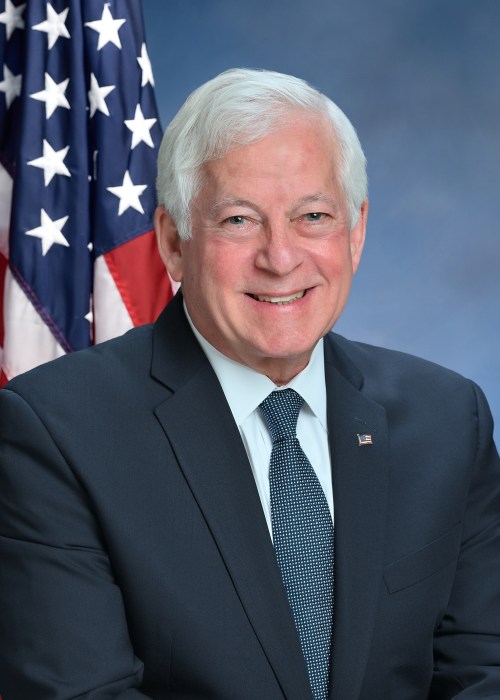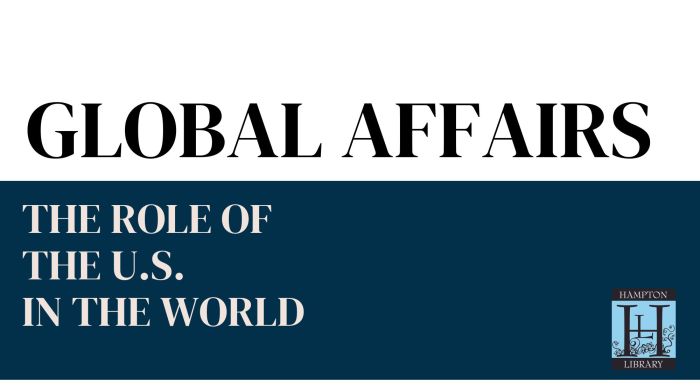Dick Cavett, the famous celebrity talk show host and non-lawyer writes of his interview with the well-known and highly regarded criminal defense attorney, F. Lee Bailey. Cavett was prepared. During the live television interview he asked F. Lee: “Where is the presumption of innocence?” The lawyer answered by saying: “it is in the Constitution.”
Cavett whipped out his copy of the Constitution asking: “Where?” Bailey fumbled saying that he could not find it at the moment but “it is in there somewhere.” Cavett replied with: “no it is not!” In fact, the American Broadcasting Company’s legal department had also reviewed the Constitution in search of the presumption and it was nowhere to be found. So where is it since it has become a routine parlance in our daily retinue of legal lexicons?Cavett’s answer was that it is in the charge to the jury at the end of the case as part of the instructions given to them by the judge who informs them that the prosecutor has the burden of proof beyond a reasonable doubt. A defendant is entitled to the presumption unless the prosecutor can meet that burden of proof during the trial of the case.
But as a society do we truly believe in the presumption of innocence or a presumption of guilt, which is not in the Constitution or anywhere else in the law? Last week alone, to a chorus of applause, we heard one Presidential candidate say that he is tired of the police shooting unarmed men. In another talk show we heard some commentators remark that another Presidential candidate’s campaign manager was guilty of the battery of a journalist even though he has just been charged.
Though perp walks are used to parade defendants in handcuffs before the media; press conferences and releases are often printed in the media without comments from defense lawyers who have not yet entered the case. We form opinions about cases and defendants. We form indelible impressions of guilt.
In picking a jury, prospective jurors are asked, if you had to vote right now, how would you vote? Some will say guilty without having heard any evidence. They have already been indoctrinated or brainwashed by the media and too much television without enough critical thinking.
Lawyers strive to disabuse prospective jurors of preconceived notions of guilt but as a society we owe it to ourselves to avoid unchallenged pre-judgements. As I often say to law students, what is the actual evidence? What questions do we have about it? Is it reliable? What defenses might the accused have? Let’s think about it but not pre-judge. Let’s see if the prosecutors can meet their burden of proof.




























